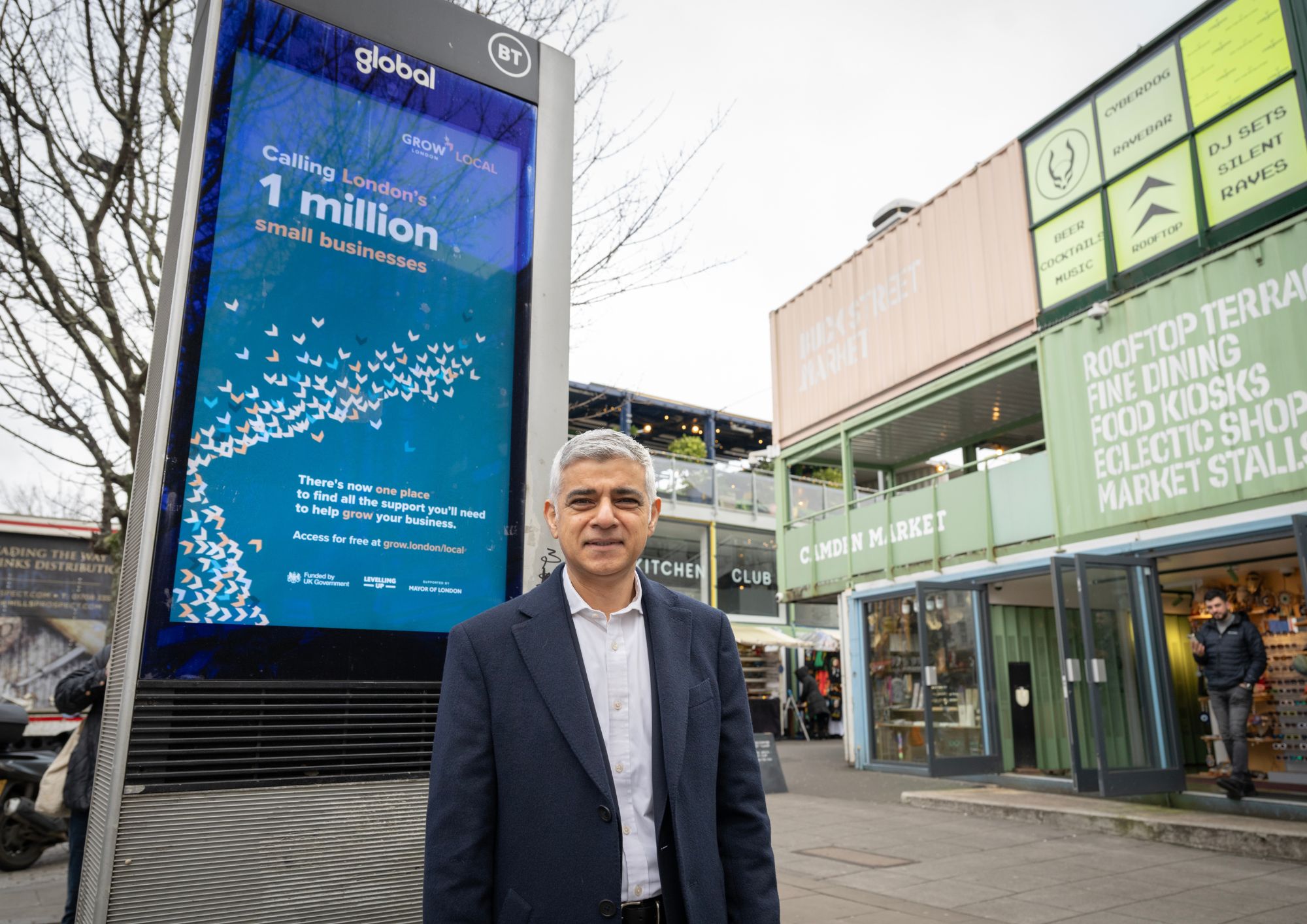Who really wins when the vast majority don’t vote?
COMMENT: While Sadiq Khan was a clear victor – it was possible to achieve that with the support of only about a fifth of the electorate as residents decided to abstain
Thursday, 9th May 2024

Sadiq Khan has been sworn in for his historic third term as mayor of London
CONGRATULATIONS to Sadiq Khan and everybody else who found themselves on a winners’ podium at the London elections last week.
The narrative of how they got there is now for the victors to write, while the evident indifference as to who won or lost among the majority of Londoners looks set to be relegated to a small footnote.
These were resounding victories for Labour against a faltering Conservative opposition, which has appeared to abandon any serious formulation of ideas and policies in order to focus on labelling things they don’t like as “woke” and stirring up division with grotesque depictions of our capital.
Some 60 per cent of residents saw this awful pantomime and decided simply to abstain, meaning that while Mr Khan was a clear victor – it was possible to achieve that with the support of only about a fifth of the electorate.
In our own constituency, Barnet and Camden, we heard speeches welcoming powerful voter endorsements in the results, but the winner, Anne Clarke, convinced only 17 per cent of eligible voters to mark their cross for her. This pattern was repeated across London.
Maybe this is because of the widespread but unsurprising uncertainty among voters as to what Assembly members actually do. People in need of help are more likely to try to contact their ward councillors or visit their MP’s surgery.
If the act of voting helps to perpetuate a system in such obvious need of reform, can that really be considered an affront to those who fought and died to win us universal suffrage?
Our elected assembly members should surely have more power than nodding through a budget or opening a school fete.
Many expected that Mr Khan was going to win the mayoralty, so some – including those more likely to support him than not – did not see the point of visiting a polling station last Thursday.
Meanwhile it was interesting to hear some Labour activists complain that the Conservatives had tried to improve their chances by changing the voting system to First Past The Post (FPTP).
On Friday evening, when journalists were claiming it would be a closer result than expected, those of a nervous disposition began to claim the Tories had tried to “rig” the result.
In the end FPTP helped squeeze support for smaller parties as voters felt a greater urgency to choose one of the two: Mr Khan or his Tory rival Susan Hall, and we know how this ended up.
Suddenly, the claims of rigging disappeared and with it an important chance to debate electoral reform again. After all, if introducing FPTP was unfair, as was being suggested, then why do we remain an outlier in Europe as one of the few countries sticking to its use for general elections?
With so many people ignoring their chance to take part, votes that actually mean something at every election would be a way of boosting interest and the turnout.